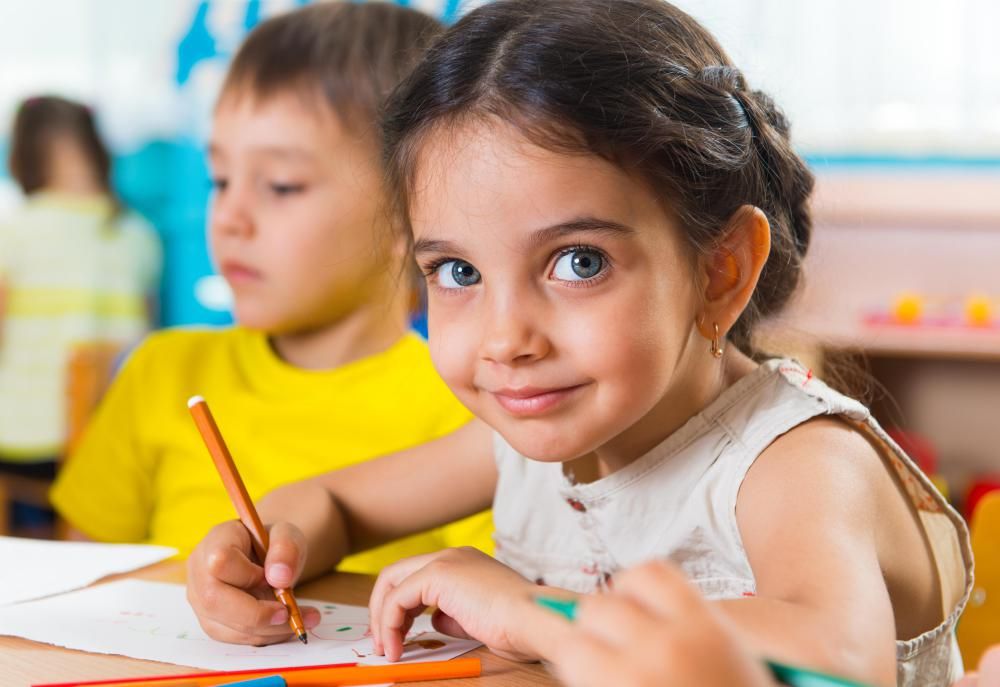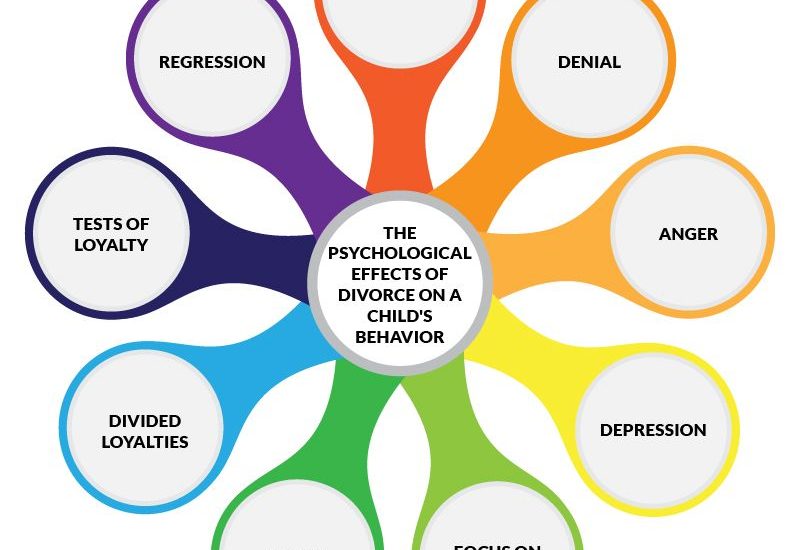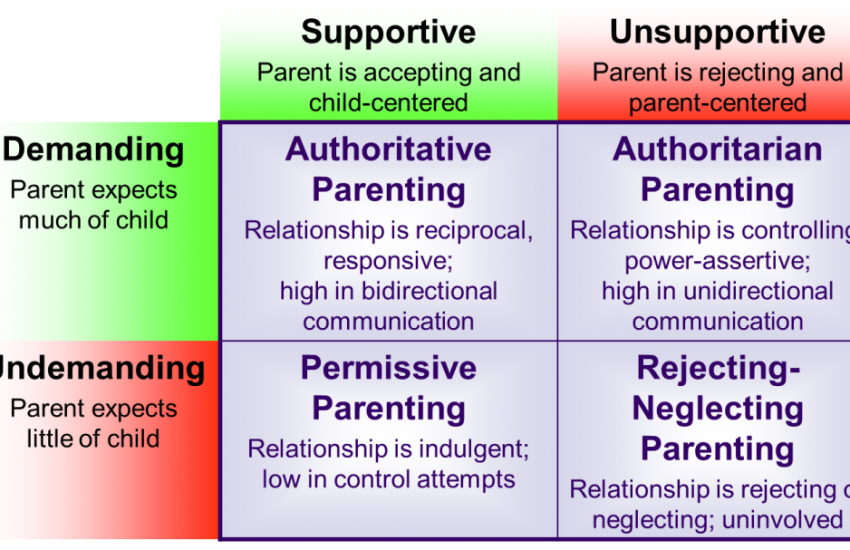How Early Childhood Education Affects Social Development
Early childhood education plays a crucial role in shaping a child’s social development. From communication skills to emotional intelligence, the early years of a child’s life are a critical period for laying the foundation for social interactions and relationships.
The Importance of Early Childhood Education
Early childhood education provides children with the opportunity to learn and develop essential social skills that will benefit them throughout their lives. Research has shown that children who receive quality early childhood education are more likely to succeed academically and socially compared to those who do not.
Communication Skills
One of the key ways that early childhood education affects social development is through the development of communication skills. Children learn how to express themselves, listen to others, and engage in meaningful conversations. These skills are essential for building relationships and navigating social interactions in a variety of settings.
Emotional Intelligence
Another important aspect of social development that is influenced by early childhood education is emotional intelligence. Children learn how to recognize and manage their emotions, as well as understand the feelings of others. This skill is crucial for developing empathy, building relationships, and resolving conflicts in a healthy way.
Building Relationships
Early childhood education provides children with the opportunity to interact with their peers, teachers, and other adults in a structured and supportive environment. These interactions help children learn how to collaborate, share, and build relationships based on trust and respect. Building positive relationships at a young age sets the stage for healthy social development later in life.
Problem-Solving Skills
Early childhood education also plays a role in developing problem-solving skills in children. Through play-based learning and hands-on activities, children learn how to think critically, make decisions, and find creative solutions to challenges. These problem-solving skills are essential for navigating social interactions and adapting to new situations in the future.
Resilience and Adaptability
Early childhood education helps children develop resilience and adaptability in the face of adversity. By learning how to cope with setbacks, manage stress, and bounce back from failures, children build the confidence and skills needed to navigate social challenges with confidence and grace.
Conclusion
Early childhood education plays a pivotal role in shaping a child’s social development. By providing a supportive and stimulating environment for children to learn and grow, early childhood education sets the foundation for healthy social interactions, strong relationships, and lifelong success. Investing in quality early childhood education is an investment in the future of our children and society as a whole.
Make sure to prioritize early childhood education for your child’s future success and well-being.


